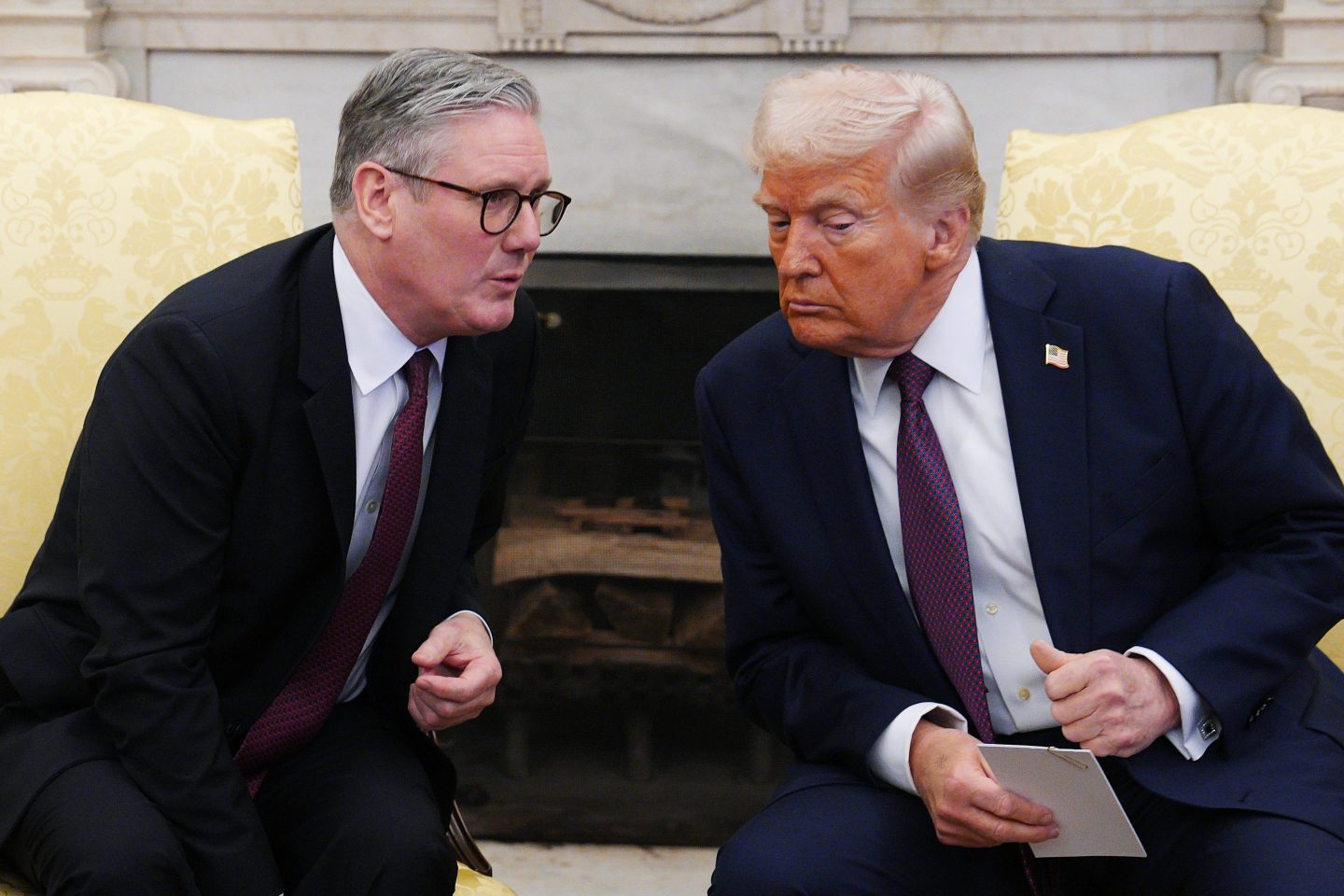British Prime Minister Keir Starmer said Wednesday that he was “disappointed” with global US tariffs on steel and aluminium, but the UK stopped short of retaliating as it sought a wider economic agreement with Washington.
“Obviously, like everybody else, I’m disappointed to see global tariffs in relation to steel and aluminium, but we will take a pragmatic approach,” Starmer told the UK parliament.
Britain will “keep all options on the table” but it is “negotiating an economic deal which covers and will include tariffs if we succeed,” he said.
The stance contrasts with the European Union, which said it would impose “countermeasures” from April 1 in response to US tariffs of 25 percent on steel and aluminium imports for the biggest economy’s trading partners.
Earlier, Business and Trade Secretary Jonathan Reynolds said the UK was “focused on a pragmatic approach and … rapidly negotiating a wider economic agreement with the US to eliminate additional tariffs and to benefit UK businesses and our economy”.
Starmer met with US President Donald Trump in Washington last month to discuss the matter.
Trump signalled the potential for a “great” post-Brexit trade accord, one that Britain has been seeking since its departure from the EU at the start of the decade.
Following the meeting, British businesses voiced cautious optimism the UK might have avoided the metals tariffs.
“We remain resolute in our support for UK industry,” Reynolds said Wednesday, calling the tariffs “disappointing”.
Britain exports about 10 percent of its steel to the United States, worth nearly £400 million in 2023.
The UK’s steel industry body had described the tariff as a “devastating blow”.
Following Trump’s announcement of 25 percent levies last month, the UK responded by unveiling a multibillion-pound plan to protect its steel industry.
Starmer said the government was stumping up to £2.5 billion ($2.7 billion) to help support the sector.
The Labour government also launched a consultation looking at how to “protect the steel sector from unfair trading practices abroad” and reduce high electricity costs.
While there is no expectation of a full free-trade deal being struck between the UK and the United States, February’s discussions have been viewed by many as clear progress.
Negotiations between the two countries broke down under former US president Joe Biden on issues including Britain’s reluctance to open its borders to some American agricultural products.












